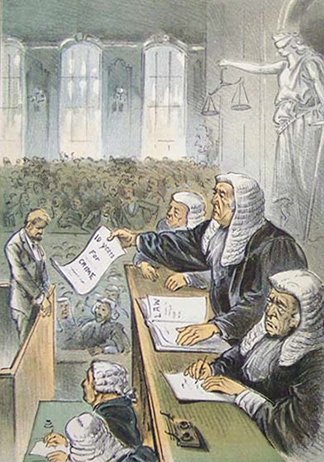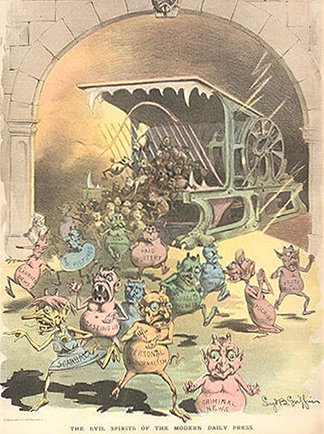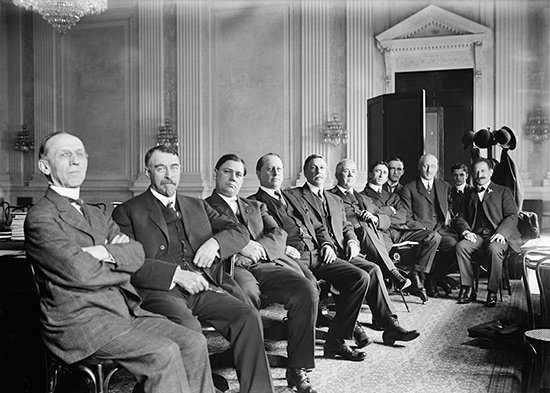-
WELCOME
General Information
Home Best Caribbean Island Anguilla Vacations Air Travel to Anguilla Car Rentals Weather -
SLEEP
-
REALTY & BUSINESS
-
THINGS TO DO
-
EAT
- SPECIAL
- KEEP IN TOUCH
- SAVE 10%
A resident of Anguilla for over 25 years, Bob Conrich is a retired American and a former member of the National Panel of Arbitrators of the American Arbitration Association, where he specialized in hearing contract law and major construction disputes.
Bob Conrich

He was a pioneer in the utility scale wind energy sector and a founding board member of the California Wind Energy Association in the 1970s and has a background in law, business, construction, public works, government, history, journalism and politics.
Bob does consulting work on issues in the British Overseas Territories, primarily those in the South Atlantic and Indian Oceans.
Issues of interest include Parliamentary relations, governance, democratic institutions, open government, the environment, education, and corruption.
He is a member of the American Public Works Association and serves on the board of the Anguilla Archaeological & Historical Society.
Author or Co-author: publications:
Here, Bob tells us about the advantages of offshore arbitration, focusing on arbitration in Anguilla.
A general arbitration definition: Arbitration is the process of bringing a dispute before a disinterested neutral party for resolution. The arbitrator hears the evidence brought by both sides and makes a written decision. The decision is generally not appealable (see further discussion below).
Representation
Arbitration Avoids Time-Consuming Judicial Processes

Puck, c.1890
Parties have the right to be represented by lay or professional advocates, or may choose to represent themselves. In the latter case, a capable arbitrator will assist such parties in procedural matters, helping to assure that all relevant evidence is presented and understood.
According to the Rules of Court of the Eastern Caribbean Supreme Court, attorneys appearing in electronic hearings in Anguilla need not be admitted to practice in Anguilla.
In litigation, the process of gathering evidence, researching the law, presenting motions to the court, and preparing the case for trial is time-consuming and frequently results in hefty legal fees.
Some can be used as weapons to create delay and increase the expenses of opposing parties, especially in cases where parties are of unmatched financial means.
In arbitration, these practices are usually far more limited, are more easily controlled by the arbitrator, and sometimes unnecessary and inappropriate except in relatively complicated matters.
Appeals
Unless the arbitration clause or agreement provides otherwise, arbitration decisions are always final and binding upon the parties.
Appeals are only possible if the arbitrator was guilty of serious misconduct such as obvious bias or corruption, or if he exceeded the authority vested in him pursuant to the parties' arbitration agreement.
Such misconduct is extremely rare among experienced, capable arbitrators.
Litigation in Anguilla can involve the Magistrate's Court, the High Court, the Eastern Caribbean Court of Appeal and the Judicial Committee of the UK Privy Council. Obviously, this often takes years and can be extremely expensive.
Evidence Allowed
The many and complex rules regarding the admissibility of evidence in court arise from the desire to protect juries from being swayed by evidence of doubtful reliability, relevance, or value.
Experienced arbitrators understand the appropriate weight to give such information, and controls what is allowed.
Arbitrators may dispense with formal rules of evidence or lengthy discovery procedure. Subpoenas, interrogatories and other discovery procedures are not unknown, but are used with constraint.
Speed
The offshore arbitration process is very fast compared to litigation.
Litigation requires disclosure of all evidence to all parties. Discovery procedures and the delays and expense they can cause are often used as weapons.
Arbitration Maintains Parties' Privacy

Puck, 1888
Once the arbitrator is agreed upon, the entire case can be resolved quickly, often in a matter of days or weeks.
Litigation must wait for time in the crowded court calendar, which may take months or years.
Privacy
Hearings are private, so trade secrets and confidential commercial information is protected.
ExpenseOffshore arbitration is usually far less expensive than litigation.
There are no court costs.
Costs usually consist of the arbitrator's fees and those of the parties' lawyers, if any.
Costs are usually awarded to the prevailing party.

American legislators exploring ways to make justice more expensive and
complicated
Everett, 1912
Arbitrations heard in Anguilla need not follow local law. Choice of law is usually determined by the terms of the arbitration clause.
Mediation is another means of resolving disputes in which a neutral party is chosen to assist the parties in reaching a settlement. Mediators differ from arbitrators in that they do not usually have authority to make decisions or requirements of the parties.
Arbitration results in a decision. Mediation facilitates negotiation. In mediation, parties can withdraw at any time and the process thereby fails.
In arbitration, once the process begins, it will continue to a decision, even without the further cooperation of all the parties.
Mediation is purely voluntary.
Arbitration is not voluntary once the parties have signed an agreement containing an arbitration clause.
Mediation can be especially helpful for people or companies who need to resolve a dispute yet maintain an ongoing relationship with each other (e.g., neighbors or long time business associates), as it avoids the acrimony that frequently develops in litigation and arbitration.
Mediation also provides a less-restrictive forum for each party to tell his or her side of the story -- i.e., to be heard -- than does litigation or arbitration, both of which are often more structured.
Click here for detailed information on arbitration in Anguilla.

Tranquility Beach
(Luxury Hotel & Residences)

Long Bay Villas:
The Ultra-Luxury Villas
Sky, Sea & Sand

Santosha Villa Estate:
Anguilla's Most Sophisticated
Ultra-Luxury Villa